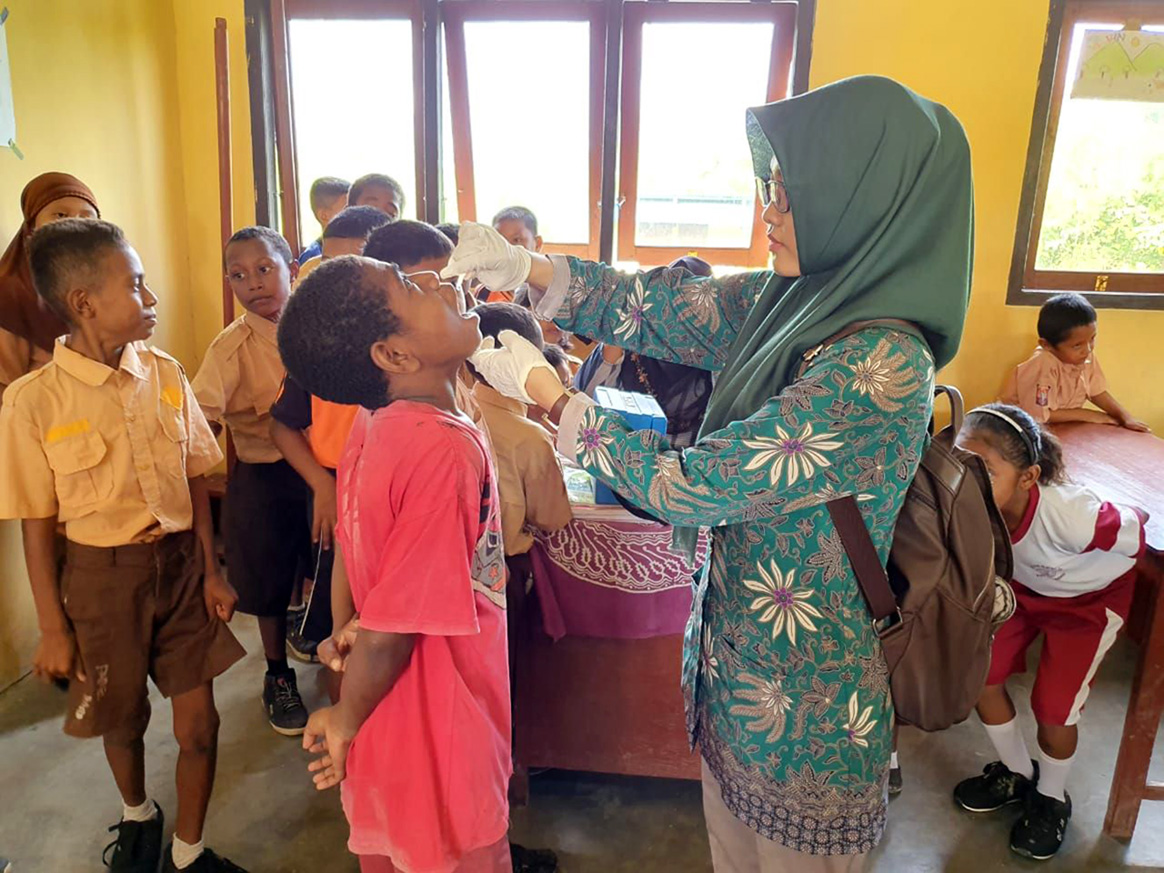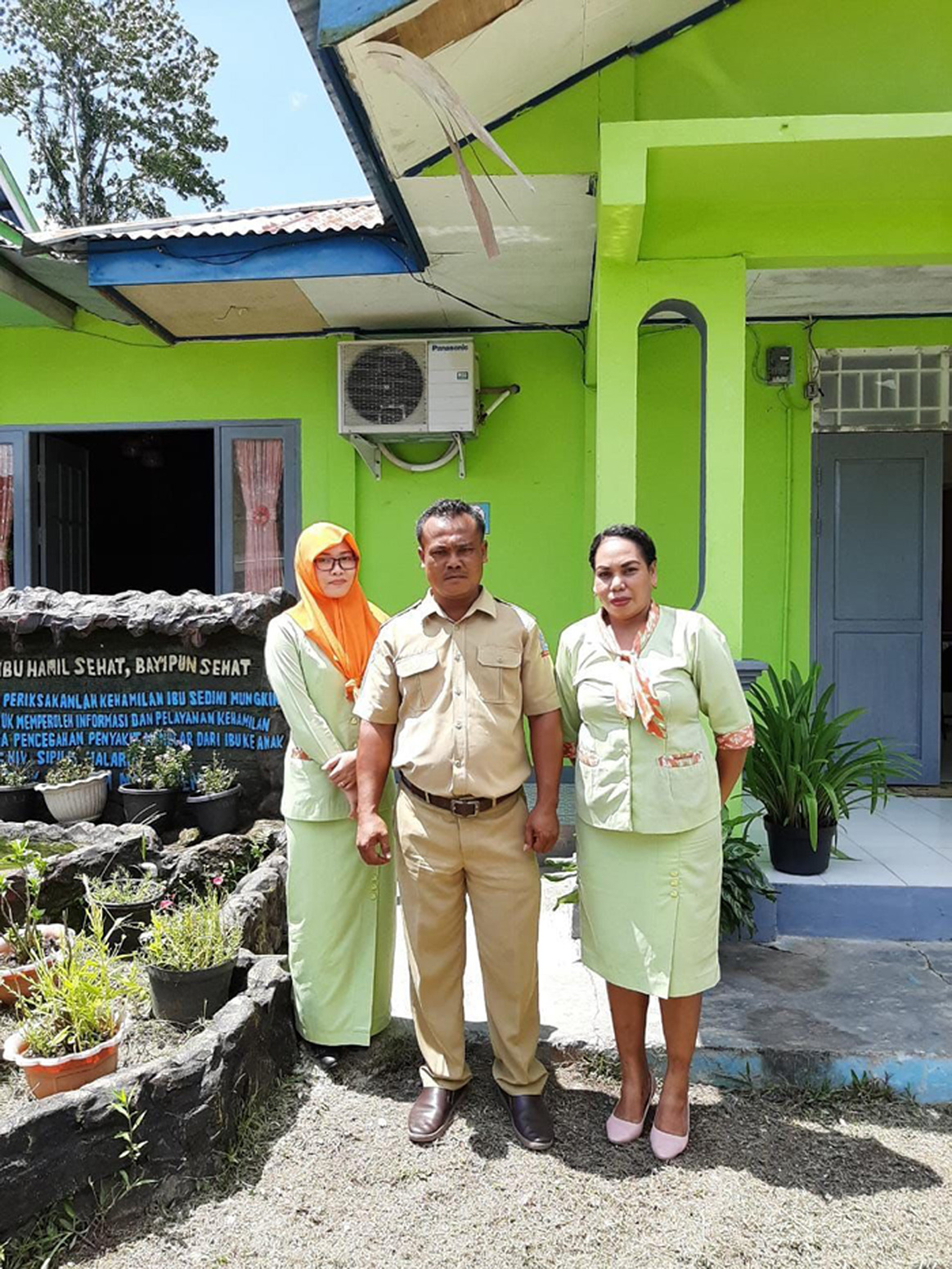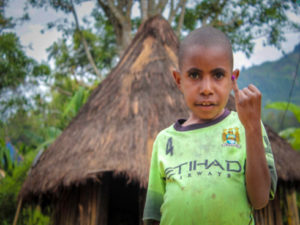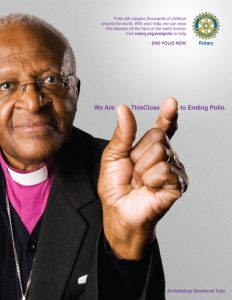
The sun often beats down on the humid forest corridors of Papua and West Papua—the easternmost provinces of Indonesia, thick with jungles and winding rivers with populations spread wide and far under these green canopies. Coupled with sketchy phone signals and the fact that electricity has yet to reach most parts of the two neighbouring provinces, a perfect storm was brewing, as poliovirus could sneakily circulate in ripe conditions.
On 8 February 2019, after extensive field investigations, Indonesia reported circulation of vaccine-derived poliovirus type 1 (cVDPV1) in Yahukimo District, Papua Province. A polio outbreak was officially declared.

Driven by the guiding ethos of reaching every last child, local public health authorities supported by the Global Polio Eradication Initiative have developed outbreak zone service delivery strategies to reach as many children as possible including at schools, at outreach and local health centres, door-to-door campaigns, or at churches and mosques.
Here are some inspiring testimonials and stories of the collective efforts to end the cVDPV in Indonesia:
Fasting? No problem
Mirnawati and Imelda are two ambitious immunization staff members at the Moswaren health centre in the South Sorong District of West Papua province. Once the mass immunization campaigns began in their district on 29 April, Mirnawati and Imelda headed to their local community school to vaccinate all children from ages 5-15 years.
Upon contacting the school administration, they realized that the school session would be out for a week-long break, right up to the beginning of the month of Ramadan—a period of fasting for the Muslim population in the community.
Thinking quickly and willing to accommodate the Muslim students, both the immunization officers quickly coordinated with the school principal to offer vaccination on the National Education Day ceremony on 2 May. Mirnawati and Imelda also went above and beyond by offering to stay past sun-down to vaccinate all Muslim students after they opened their fasts.
Adrian, 7 years old

“Hello, my name is Adrian Suu. I am 7 years old, and I am from Cenderawasih village in Yahukimo, Papua Province. I study in the first grade at the Lentera Harapan School, and I want to be a pilot when I grow up. I’m glad that I got vaccinated so I can be healthy and fly in a plane!”
The resurgence of poliovirus in Indonesia underscores the threat posed by low-level virus transmission and the need to maintain high routine immunization everywhere in the world to minimize the risk of circulation of the virus.
The first polio outbreak response rounds were conducted in March and April 2019, targeting around 1 million children each in Papua and West Papua provinces. While the immunization coverage has been high across West Papua and low-land districts of Papua, vaccine coverage has often been impeded in high-land districts, including the outbreak source—Yahukimo district – owing to mobile populations, dense forests and poor health infrastructure.







